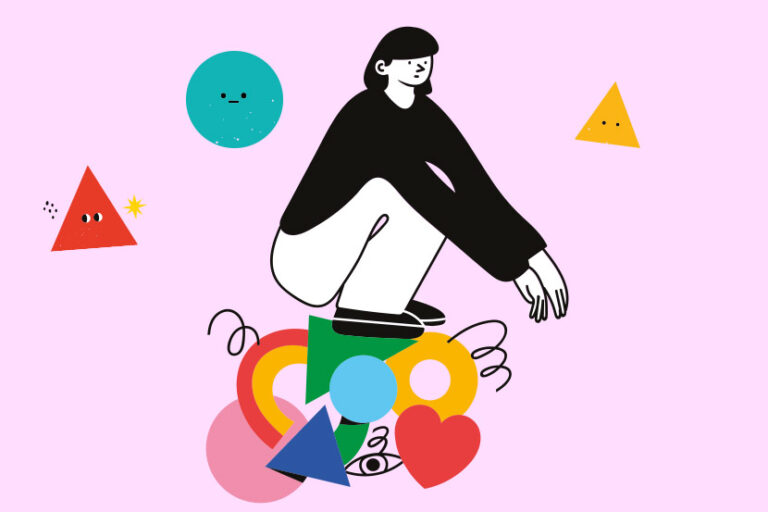
Stepping out of how you perceive the world is tricky, but it has the potential to be transformative
Constructing life from the viewpoint of ‘I’ is a very human thing to do. Most people automatically see and experience from a perspective that is largely inwardly focused (because really, is it ever truly possible to experience the world through another’s eyes?).
And while empathy often comes naturally, genuinely seeing and understanding things from a different position involves taking some action to achieve. Without stepping out of your own constructed ‘truth’ and into a more neutral zone, you may find that, unknowingly, your observation of almost everything is somewhat skewed.
This can affect how you perceive misunderstandings between friends and determine life-long beliefs that are based on nothing but a story. All of what human beings do is informed by what we know, but what if what we know, as individuals, is never how it is?
The concept of truth is a philosophical one, yet conditioning and learned habits can easily lead someone to think their truth is the only one. However, there are infinite truths – or as many as there are beings in the universe – and it’s unlikely that anyone’s is exactly the same.
Herein lies a problem: if we don’t shake ourselves up enough to become aware of this, then miscommunication and misunderstanding become near unavoidable in all areas of life. That is, unless we start to comprehend that every experience of each moment is valid and just as true as the next (although most likely quite different) confusion can arise.
Live life with a broader perspective
Psychologist Audrey Tang shares her advice on how to look at things a little differently
- ‘Try to avoid seeing a challenge to your perception as a threat. View it instead as a chance to learn about another point of view. Be the person who seeks to learn constantly. In his book, Discourses on Buddhism, my grandfather CK Seet, a Buddhism teacher, wrote: “We do not have to prove to others that the path we have chosen is the right one for us. We need only know it ourselves, but to always bear in mind it is not necessarily right for others.”’
- ‘Meditate to calm and clear the mind. When the mind is free to enter a place where it is both less emotional and less logical, we begin to see reality more clearly. Emotion clouds judgement, but so too does rigidity to rules and habitual behaviours. There may be another solution to a problem, or a way of seeing things, it’s just that we haven’t come across it before. Opening the mind to this possibility by taking time before responding can help to overcome an inward perspective.’
- ‘Watch your language. Try using the words ‘effective’ or ‘ineffective’ rather than good/bad/right wrong to help keep an open mind. Embracing the complex fluidity of life, opinion and change through the language we use, while difficult, can be useful. Another valuable tool is to validate the other person’s point of view. Even if you can’t comprehend their way of thinking, rather than dismissing it you can accept it and gently ask them why they feel that way. It is through this shared information that any support can be better directed and understanding found.’
Words: Ruby Deevoy
This article was originally published under the title ‘The view from here’ in Issue 20 – Wellbeing in bloom


















